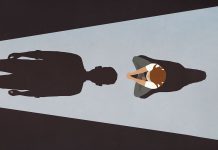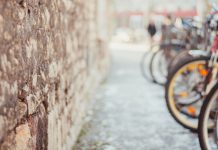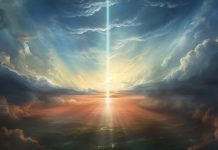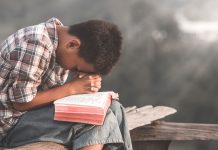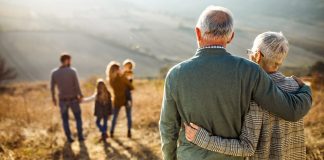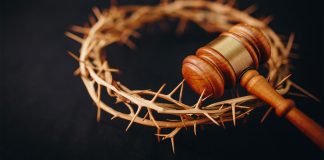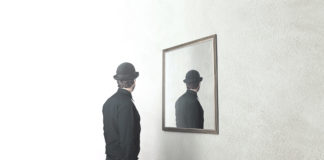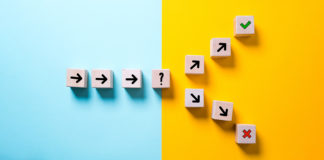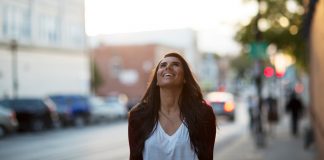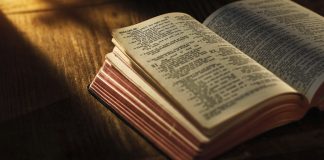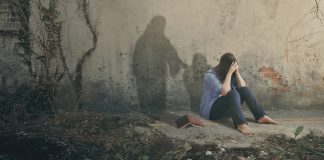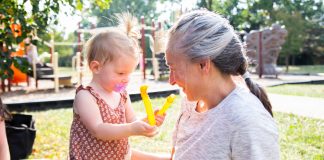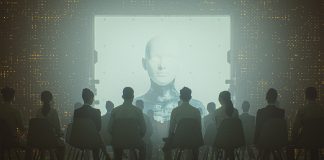Our parents’ need for meaning
No matter how much we avoid it, the day will come when our parents will not be able to get by without us, just as we would not have been able to grow up without them.
The saint who hated God
Martin Luther believed that he knew exactly what God expected of him, and in the tireless endeavour to please God, he came to the point of hating Him.
Vaccine against death
What would you do if someone denigrated you in public? You could deny the information, but there is no guarantee that you will be able to rehabilitate your image. If you leave things as they are, there is a risk that silence will be interpreted as guilt. If you go to court, the process might take a long time and it may not...
Non Sequitur: A forced conclusion is not really a conclusion
Needing to process a multitude of complex information in a short amount of time can lead to erroneous reasoning. When a conclusion is supported by weak or irrelevant arguments, the reasoning falls into the category called non sequitur—does not follow, or irrelevant argument.
Are Christians better equipped to make decisions?
"All your life long you are slowly turning this central thing into a heavenly creature or a hellish creature" through the decisions you make, wrote CS Lewis. If the choices we make really have such an impact, how can Christians make sure they make the right decisions?
Who are you?
Let’s begin with the introvert or extrovert question. We tend to be one or the other—or at least lean toward one or the other. Being either is not a problem, but it does impact how we handle life. Extroverts are likely to say that introverts are too quiet and introverts that extroverts are too noisy.
COVID-19: How to stay positive and balanced
Our reality isn’t always a calm place. Feelings of safety and peace that are so necessary for our well-being often elude us. What is happening today on a global level only goes to show how fragile our world is, and how easily we can lose control over the things we thought we had mastered.
The incomplete revelation
Are there subjects that even Holy Scripture does not fully explain? If so, why does God allow this?
Invisible people
"Since you are precious and honoured in my sight, and because I love you, I will give people in exchange for you, nations in exchange for your life." (Isaiah 43:4)
Waters of death, waters of life
I still remember it like it was yesterday: the brightness of the sun on my skin, the chill of the water, the crowds of cheering people. We had gathered that Saturday afternoon on the shores of Lake Jindabyne, a half-hour drive from Mount Kosciuszko, Australia’s tallest mountain.
The miracle of my resurrection
By the year 2022, I had not lost anyone close to me, but I had the feeling, as never before, that death was approaching with unexpected speed. The war that was taking place to the east of Romania, and the news that we were in second place in the world in terms of the number of deaths per thousand inhabitants, made me think...
The lens you see me through
Ask any cinematographer what gets them excited, and I guarantee there’s a fair chance they’ll answer with “lenses”. Having spent many years studying film and many more practising it, I can safely say that I now understand why this is—and it’s probably the first response you’d hear from me if you asked me the same question.
It takes a village to heal a child
My nana was my favourite person in the world. From as young as three, Mum would drop me off at church, help me put my backpack on and I’d waddle in to meet Nana. During worship, we’d cuddle through the songs. She was an amazing singer; I was tone-deaf. She’d whisper to me, “You have an amazing voice . . . you’re not...
Life lessons from the ants
Rudyard Kipling referred to ants in his famous poem, recommending these fragile creatures as a kind of didactic exhibit. What can one learn from ant colonies?
What exactly lies within us?
“What is mankind that you make so much of them, that you give them so much attention, that you examine them every morning and test them every moment?” (Job 7:17-18)
